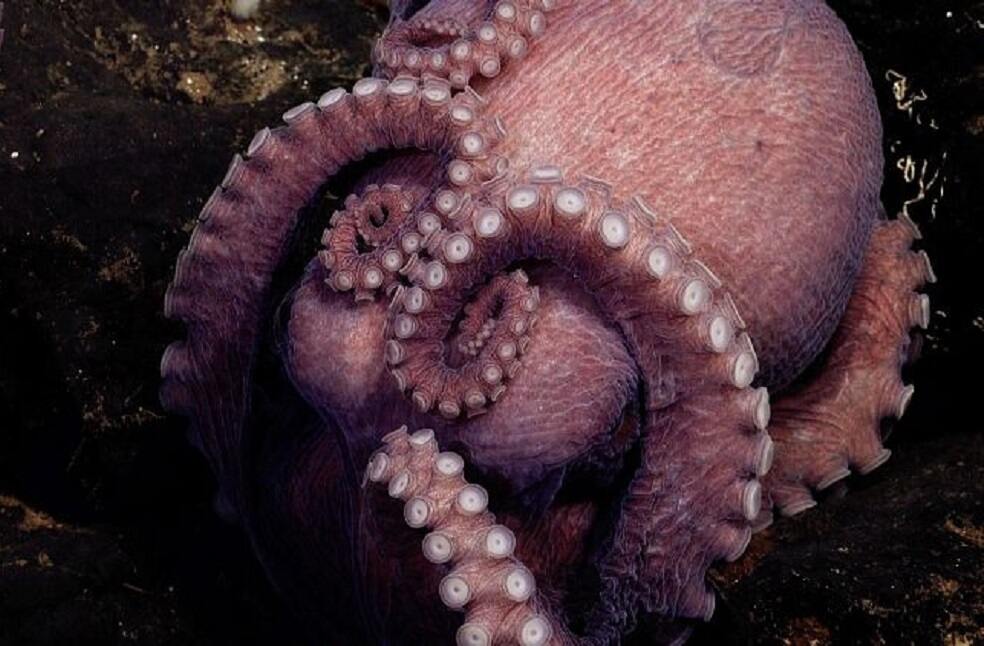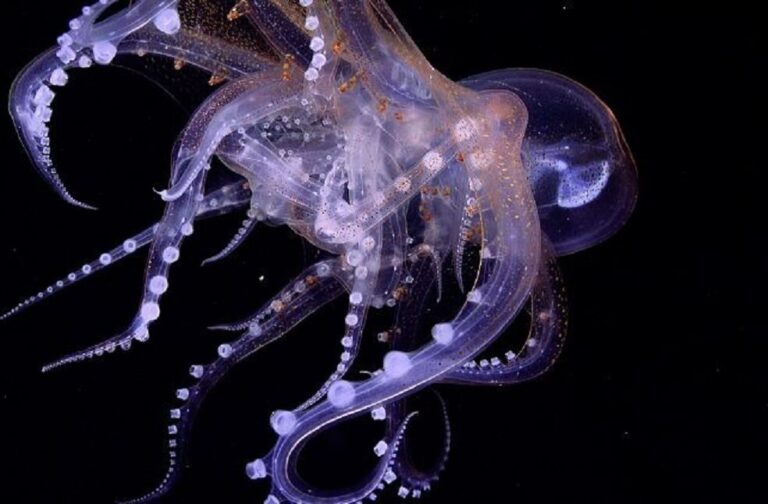A scientific study has been investigating biodiverse hydrothermal springs near the Pacific coast of Costa Rica. At least four new species of octopuses have been found by scientists in an area approximately 260 kilometres squared off the coast of Costa Rica.
In 2023, two expeditions on board the Falkor (too) research vessel of the Schmidt Ocean Institute found two octopus nurseries near hydrothermal springs on the Pacific coast of the nation.
Three hydrothermal springs were discovered nearby, spaced approximately 10 to 30 nautical miles (18.5 to 55.5 kilometres) apart.

The remarkable biodiversity of the Octopus Garden was identified and catalogued with the aid of over 160 deep-sea specimens that were collected in December of last year by the R/V Falkor, a remotely operated underwater vehicle that made multiple dives to the site.
Researchers have found four new octopuses in that collection, and they are currently describing them. Their findings should be published soon.

Only one of the four octopuses was found to be sulking at a hydrothermal vent; it is a species of Muusoctopus that is connected to other Muusoctopus species in the vicinity. Because it was discovered on an outcrop known as El Dorado Hill, scientists have named it the Dorado octopus.
Beginning with the discovery of the Davidson Seamount in 2018, thousands upon thousands of octopuses have been found to congregate there to care for their young, as have several other nearby seamounts. The community’s unusual density for creatures not generally associated with social interactions implies that the Muusoctopus species evolved in a way that makes them dependent on the hydrothermal vents for reproduction.



